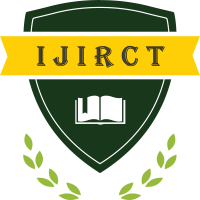Paper Details
The Effects of Blended Learning on EFL High School Students' Vocabulary Mastery
Authors
Muhalida Zia Ibhar, Nur Ehsan Mohd Said
Abstract
Blended learning is a learning model that combines ICT-based learning with face-to-face learning and when implemented as a teaching strategy, it involves the use of media to assist students with limited vocabulary. Local scholars have reported an alarming case of vocabulary deficiency among Indonesian EFL learners and studies have raised concern with traditional teaching approaches that rarely provide students opportunities for active interaction. Therefore, this study aims to investigate the effects of using blended learning on EFL learners’ vocabulary mastery as compared to a traditional teaching approach. The research participants were second-year junior high school students (age 14) in the Riau Province, Indonesia. Using a pretest-posttest control-group design, this study involved 50 students in an experimental group (N=25) and a control group (N=25) for a four-week intervention programme. The pre- and post-test administered to the participants was a 40-item test on vocabulary mastery in the format of multiple-choice questions and open-ended essay. Findings of the study revealed that the experimental group participants outperformed their counterparts in the control group, suggesting a positive impact of blended learning on the EFL students’ vocabulary mastery. Implications of the study are discussed at the end of the paper to shed light on how future studies of a similar nature may be conducted.
Keywords
Blended Learning, English as a Foreign Language, ICT-Based Learning, Students' Vocabulary Mastery, Vocabulary Strategy
Citation
The Effects of Blended Learning on EFL High School Students' Vocabulary Mastery. Muhalida Zia Ibhar, Nur Ehsan Mohd Said. 2019. IJIRCT, Volume 4, Issue 6. Pages 111-116. https://www.ijirct.org/viewPaper.php?paperId=IJIRCT1801021
